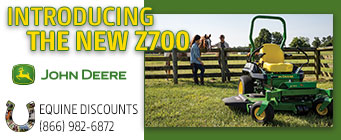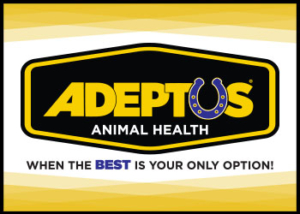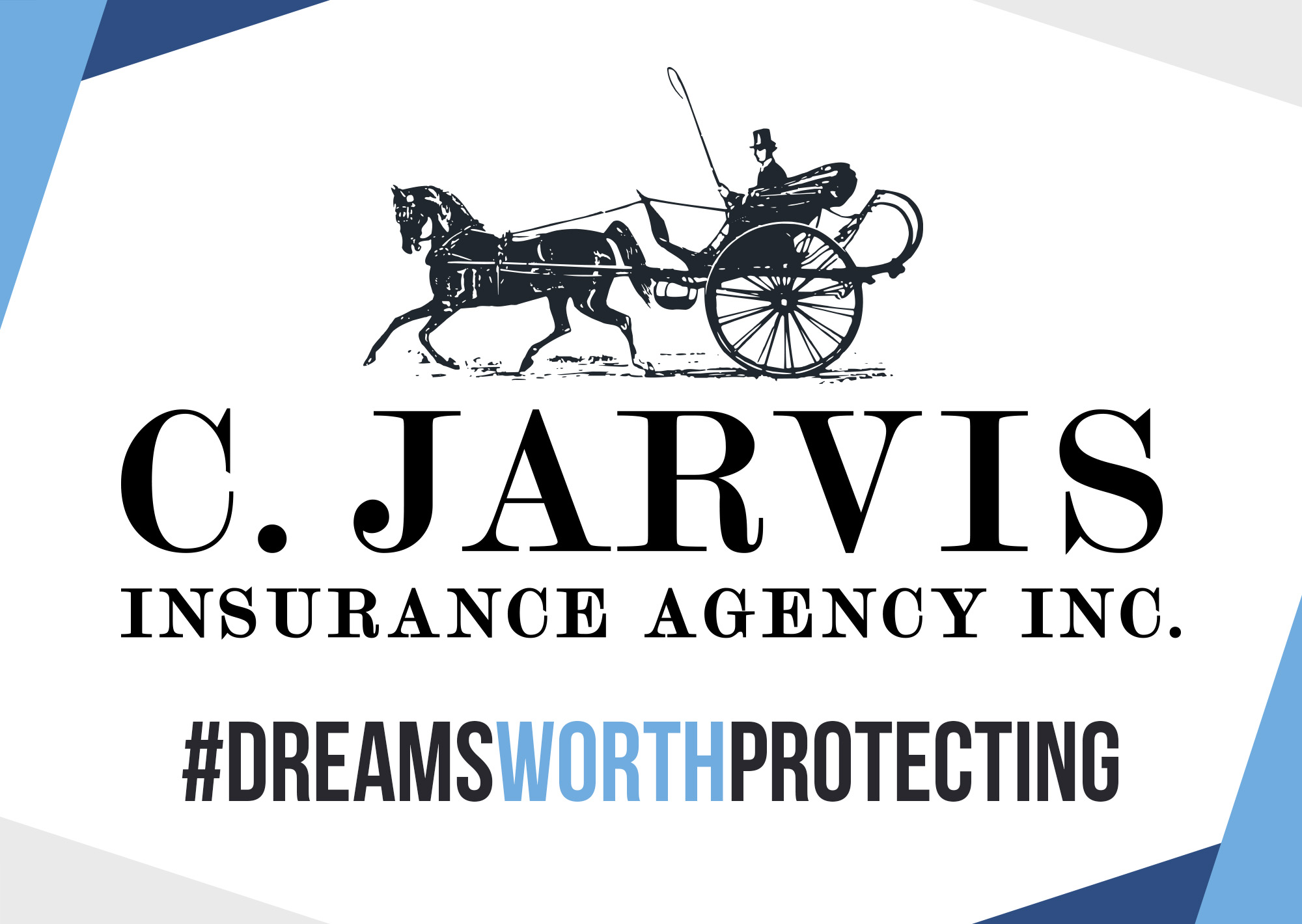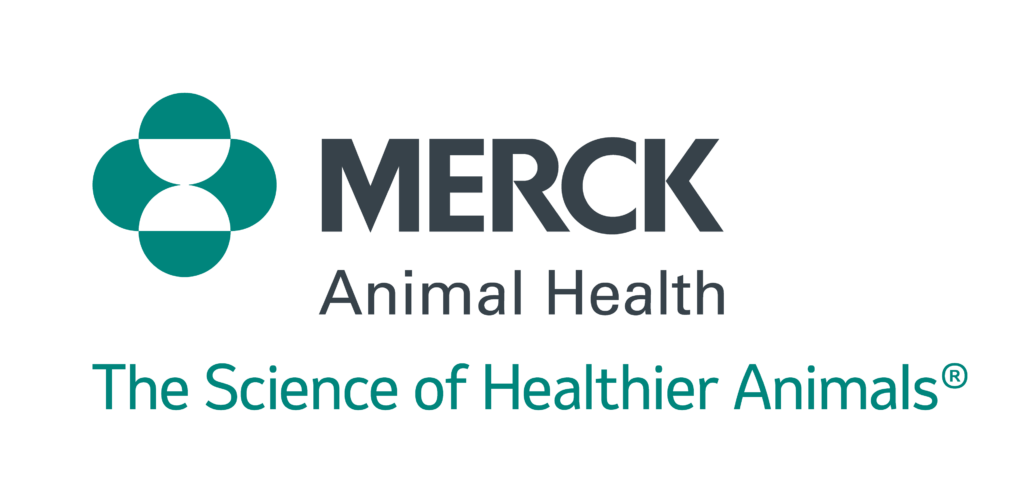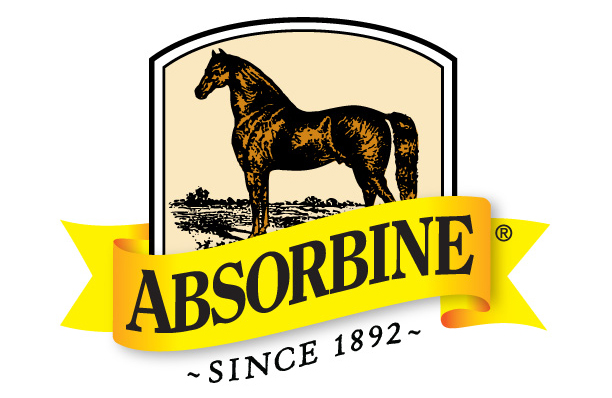On April 11, 2013, Congressmen Ed Whitfield (R-KY) introduced the Prevent All Soring Tactics Act of 2013. The bill is intended to strengthen the Horse Protection Act (HPA) to prevent soring. The HPA was enacted in 1970 to prohibit the showing, exhibiting, transporting or sale at auction of a horse that has been sored.
The U.S. Department of Agriculture (USDA), which enforces the HPA, deems soring to involve the use of action devices, chemicals, pads, wedges or practices like trimming a horse’s hoof to expose sensitive tissue, to cause pain in the horse’s forelegs and produce an accentuated show gait for competition. According to the USDA, soring has been primarily used with Tennessee Walking Horses, Racking Horses, and Spotted Saddle Horses and continues despite the existence of a federal ban for over forty years.
“Far too often, those involved in showing the Tennessee Walking Horses have turned a blind eye to abusive trainers, or when they do take action, the penalties are so minor, it does nothing to prevent these barbaric acts,” stated Whitfield. “This amendment does not cost the federal government any additional money and is essential in helping to put an end to the practice of soring by abusive trainers.”
The horse show industry has been living with the HPA for over 40 years. However, the trigger for USDA enforcement of the Act is the showing, exhibition, auction or transport of a sore horse. For this reason USDA has focused its efforts on those segments of the show community that involve breeds and activities that are most frequently involved in soring. If a breed, discipline, or activity is not soring its horses to exaggerate their gaits, then as a practical matter the Act has likely not adversely affected them and the bill to amend the Act, if passed, will not affect them any more than current law.
The bill would amend the HPA to prohibit a Tennessee Walking Horse, a Racking Horse, or a Spotted Saddle Horse from being shown, exhibited, or auctioned with an action device, or a weighted shoe, pad, wedge, hoof band or other device or material if it is constructed to artificially alter the gait of the horse and is not strictly protective or therapeutic. These new prohibitions would not apply to other breeds and would not prohibit the use of therapeutic pads, or bell boots or quarter boots that are used as protective devices.
The legislation would also increase fines and penalties for violations for soring, including the potential for a lifetime ban for repeat offenders.
The bill would create a new licensing process for horse show inspectors, eliminating the current program that uses industry-affiliated designated qualified persons (DQPs). This program has received criticism because these DQPs are often not independent of the industry they are inspecting. USDA would be required to train, license and appoint the new independent inspectors for shows and other HPA-regulated activities that wish to hire an inspector. Licensed or accredited veterinarians would be given preference for these positions. The decision to hire an inspector, however, would still be up to the show, sale or auction. It would not be made mandatory. Shows or sales that employ DQPs now would begin using USDA-selected inspectors. Shows or sales that choose not to use DQPs now would not be required to use them should the bill pass.
The Bill has been referred to the House Committee on Energy and Commerce.
“The AHC supports this legislation, as does the American Association of Equine Practitioners, the American Paint Horse Association, the American Morgan Horse Association, the Pinto Horse Association of America, the American Veterinary Medical Association and other groups,” said Jay Hickey, president of the American Horse Council.. “The bill focuses on the problem it is intended to solve and does not adversely affect other segments of the show industry that are not soring horses and have no history of soring horses. The AHC will be involved in the Congressional process and will immediately oppose any efforts, amendments, or attempts to broaden the Act or its enforcement that would adversely or unnecessarily affect any breeds, disciplines, or horses that have no history of soring.”



